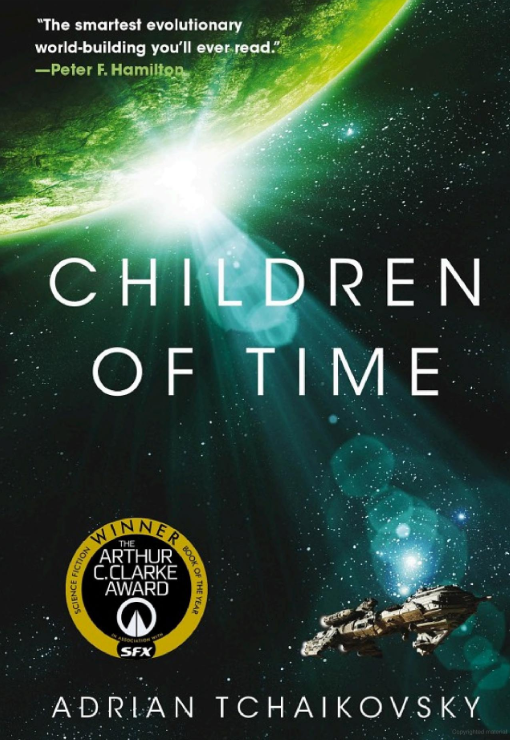Book Review: God's Demon
- kevinholochwostaut
- Apr 2, 2024
- 3 min read
Updated: Apr 14, 2024
The depiction of Hell throughout history has been profoundly influenced by literary figures who have provided descriptions and imaginative representations of the concept. From ancient mythologies to modern literature, writers have shaped our understanding of Hell and its various manifestations, contributing to its multifaceted depiction.
In ancient mythology, writers such as the Greek poet Homer and the Roman poet Virgil laid the groundwork for the portrayal of Hell in Western literature. In Homer's Odyssey, the hero Odysseus encounters shades of the dead in the underworld, providing an early glimpse into the afterlife. Virgil's epic poem The Aeneid further elaborates on the underworld, known as the realm of Hades, depicting a place of punishment and torment for the damned.
However, it was perhaps Dante Alighieri who most profoundly shaped the Western imagination's understanding of Hell with his monumental work, The Divine Comedy. Written in the early 14th century, Dante's epic poem takes the reader on a journey through Hell, Purgatory, and Heaven, guided by the poet Virgil and his beloved Beatrice. In Hell, Dante encounters a structured realm consisting of nine concentric circles, each reserved for different types of sinners, with punishments befitting their crimes. From the gluttonous to the fraudulent, Dante's Hell is a place of unrelenting suffering and moral reckoning, immortalizing the poet's vision of divine justice.
Following Dante, numerous literary figures have continued to explore the theme of Hell in their works, each offering their own interpretation and embellishment. John Milton's Paradise Lost, published in the 17th century, presents a reimagining of the biblical story of the fall of Lucifer and his rebellion against God, depicting Hell as a realm of chaos and rebellion against divine authority. Milton's portrayal of Satan as a tragic figure struggling against his own pride and ambition has had a lasting influence on how Hell is perceived in literature.
I would argue it is hard to overstate the impact on the western world by Paradise Lost as a single piece of literature aside from the Bible.
In the 20th and 21st centuries, the depiction of Hell has continued to evolve, reflecting the changing cultural and philosophical landscape. Authors such as C.S. Lewis, with his The Great Divorce, and Neil Gaiman, with his Sandman comics, have offered imaginative reinterpretations of Hell, blending elements of fantasy, mythology, and existentialism to explore the nature of good and evil.
All this to say that I wish to speak about a man named Wayne Barlowe. Wayne Barlowe is a unique genius when it comes to depictions of Hell. Brushfire: Illuminations from the Inferno and Barlowe's Inferno are depictions not for the faint of heart showing a man who has seriously considered what it is to be tormented eternally. However, Wayne Barlow has also given us a rare treat in the form of a book I recently reread. God’s Demon.

If a demon, a fallen angel was truly sorry, would God take him back? That is the question at the heart of the novel. The answer to the question is best saved for the reader. Today I want to start with a 5/5 would recommend the book wholeheartedly even just as an exploration of a unique world that Barlowe builds. From the idea of soul bricks, humans reduced to nothing more than building blocks crushed underfoot by demons; to be a piece of construction material for all eternity. He layers on the idea that Hell was a place which existed before the fallen angels were cast there, complete with its own ecosystem and beasts which are a threat to the devils themselves.
Don’t get me wrong. The book is dark and not for everyone in that regard. Truly Dark fantasy. God's Demon, set in Hell, follows the fallen angel Sargatanas, who seeks redemption after millennia of serving Lucifer. As Hell crumbles under the weight of its own corruption, Sargatanas embarks on a journey to petition God for forgiveness and the chance to return to Heaven. Along the way, he encounters allies and adversaries, including other fallen angels and demonic creatures. As Sargatanas confronts his own past sins and struggles with the consequences of his actions, he must navigate Hell’s war-torn politics and confront powerful forces in his quest for redemption.
It brings up the old question: is it better to rule in hell or serve in heaven?
Go grab a copy, and get reading. The cover art alone should set your mind wondering. 😊




This is such a good book! For all the sins, no matter their level of hell, it seems the main punishment that all of the human souls suffer is boredom. It's also fascinating to read a book that has humans, but they are the alien elements and largely irrelevant; in a way that is a bit jarring. Again, the whole book is alien, while being amazing and though provoking.